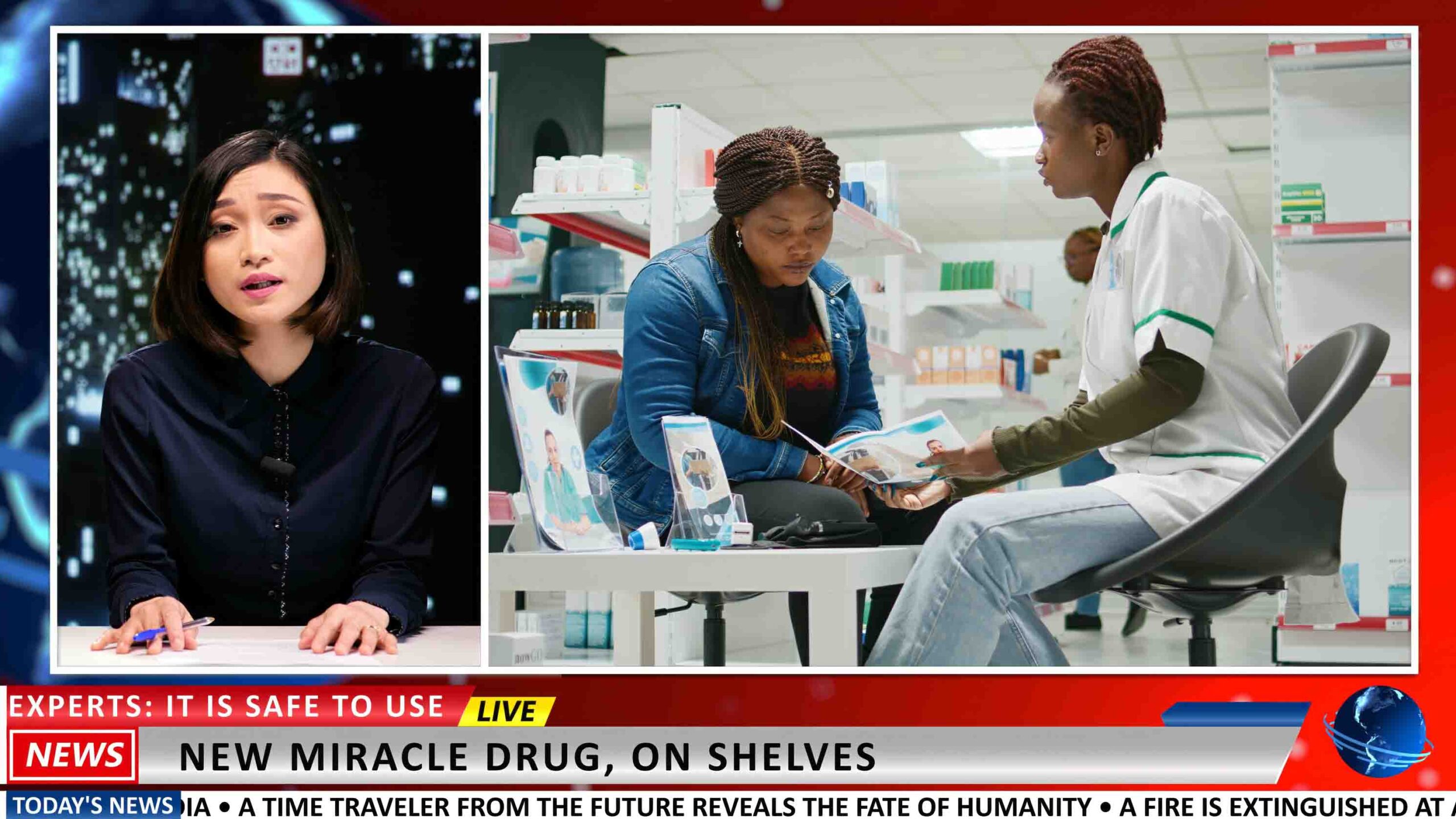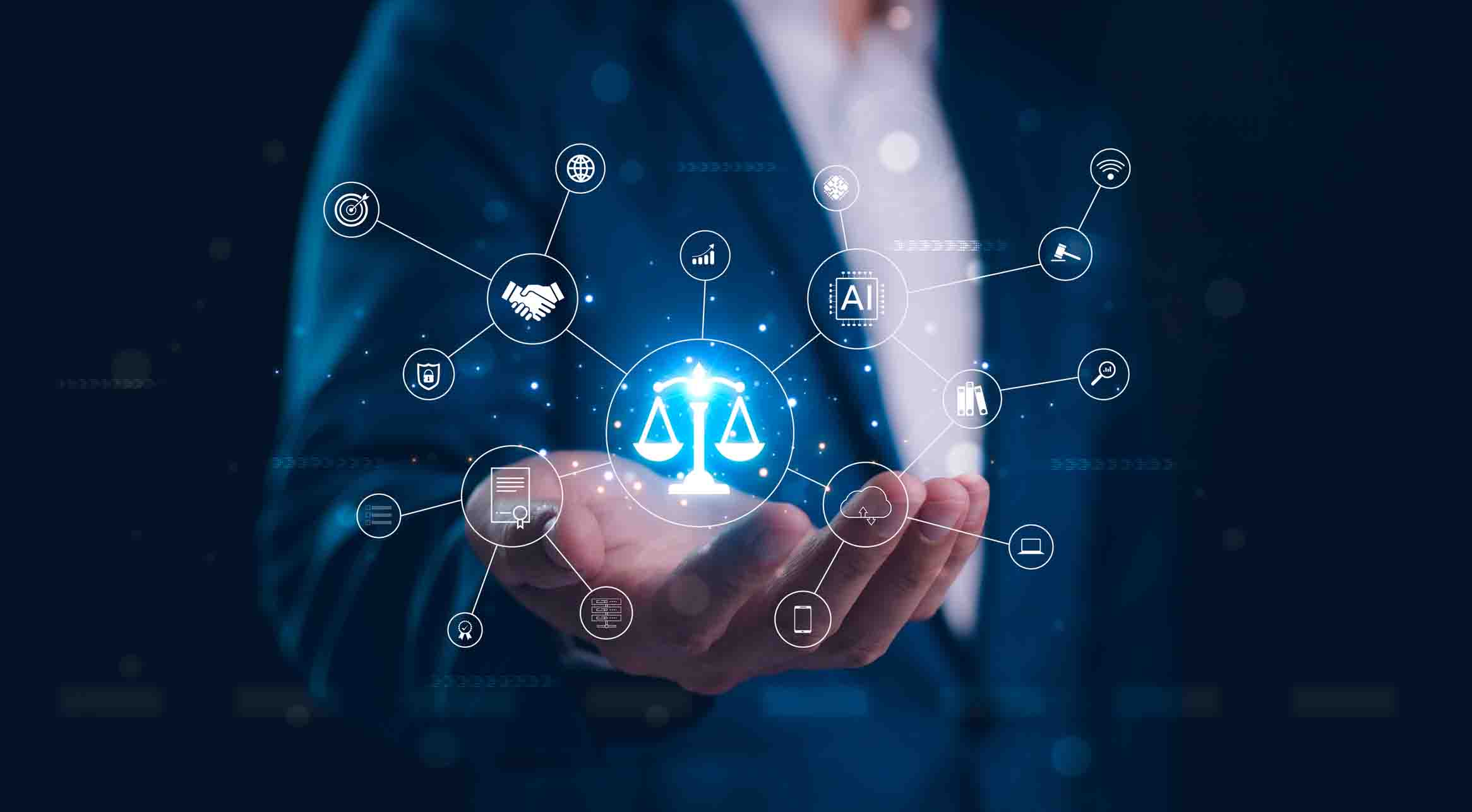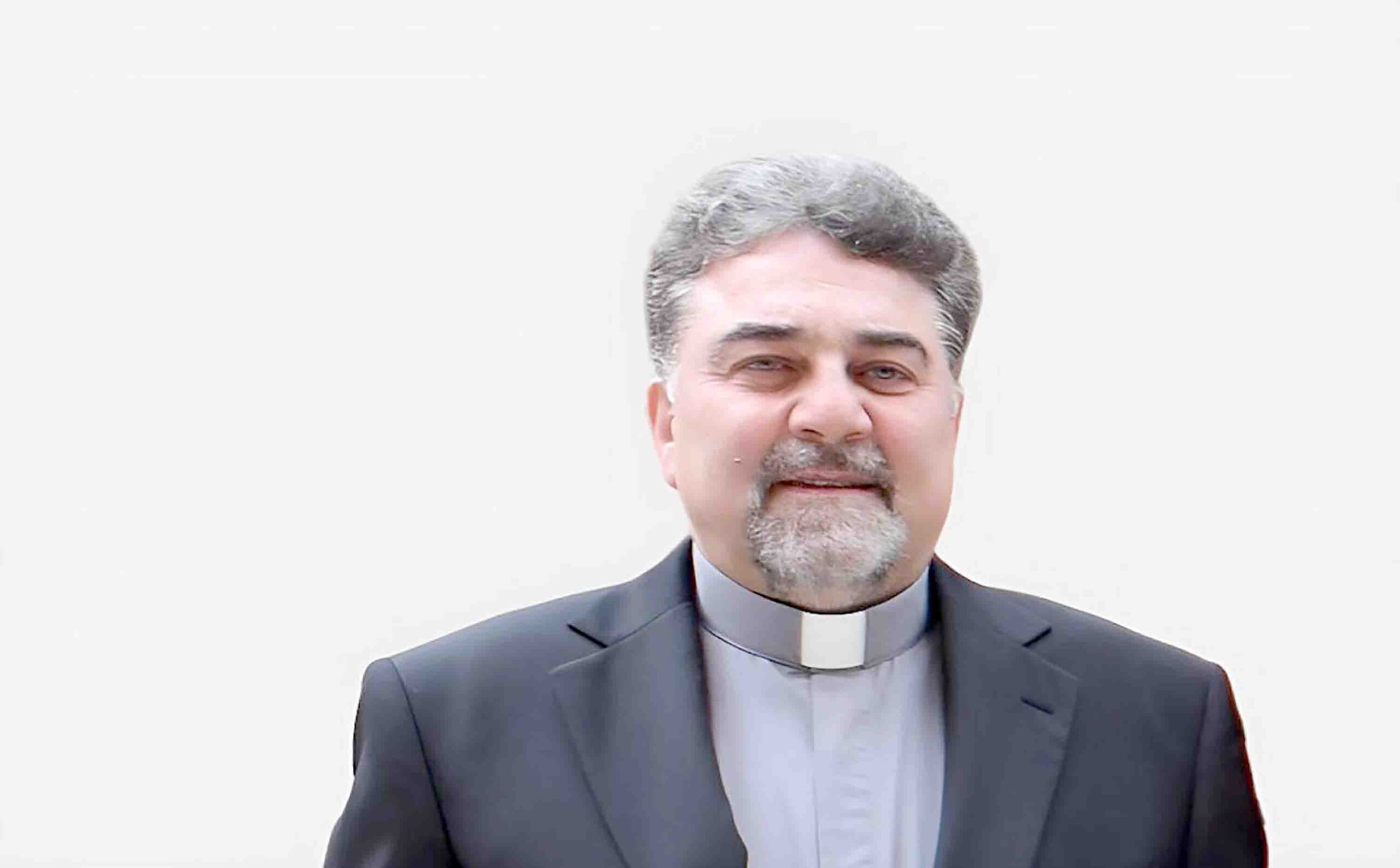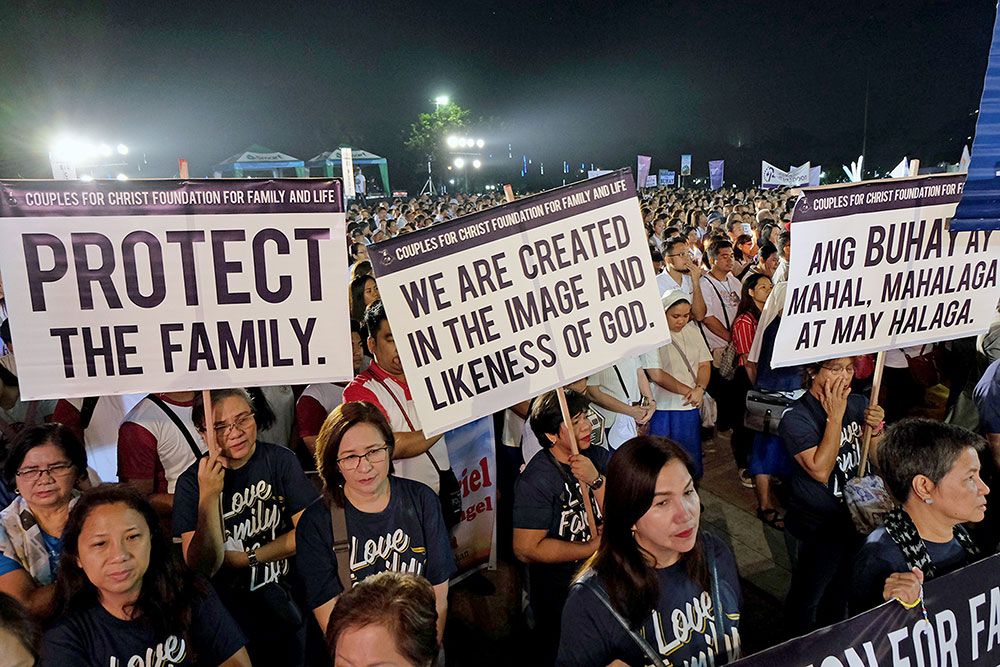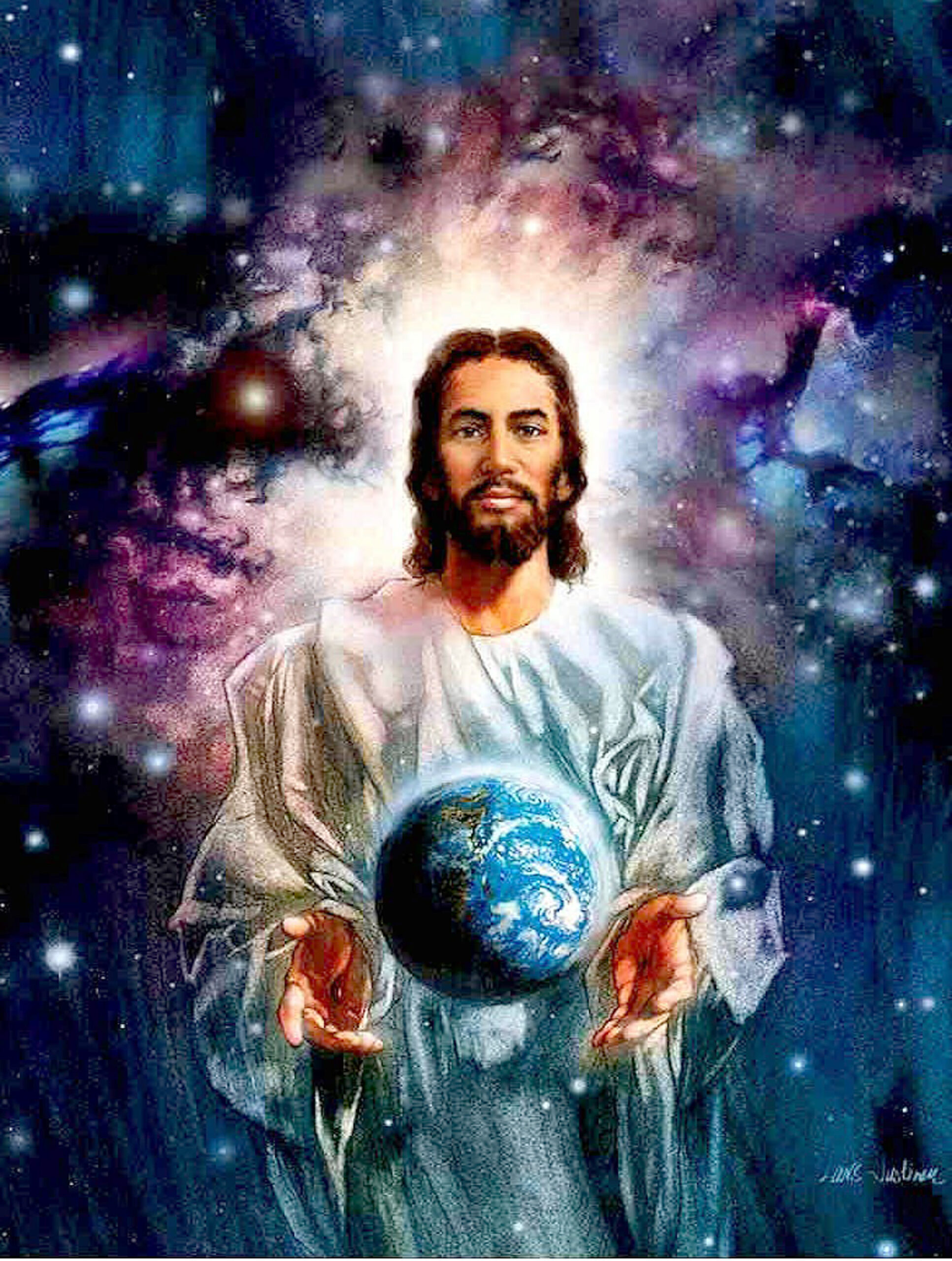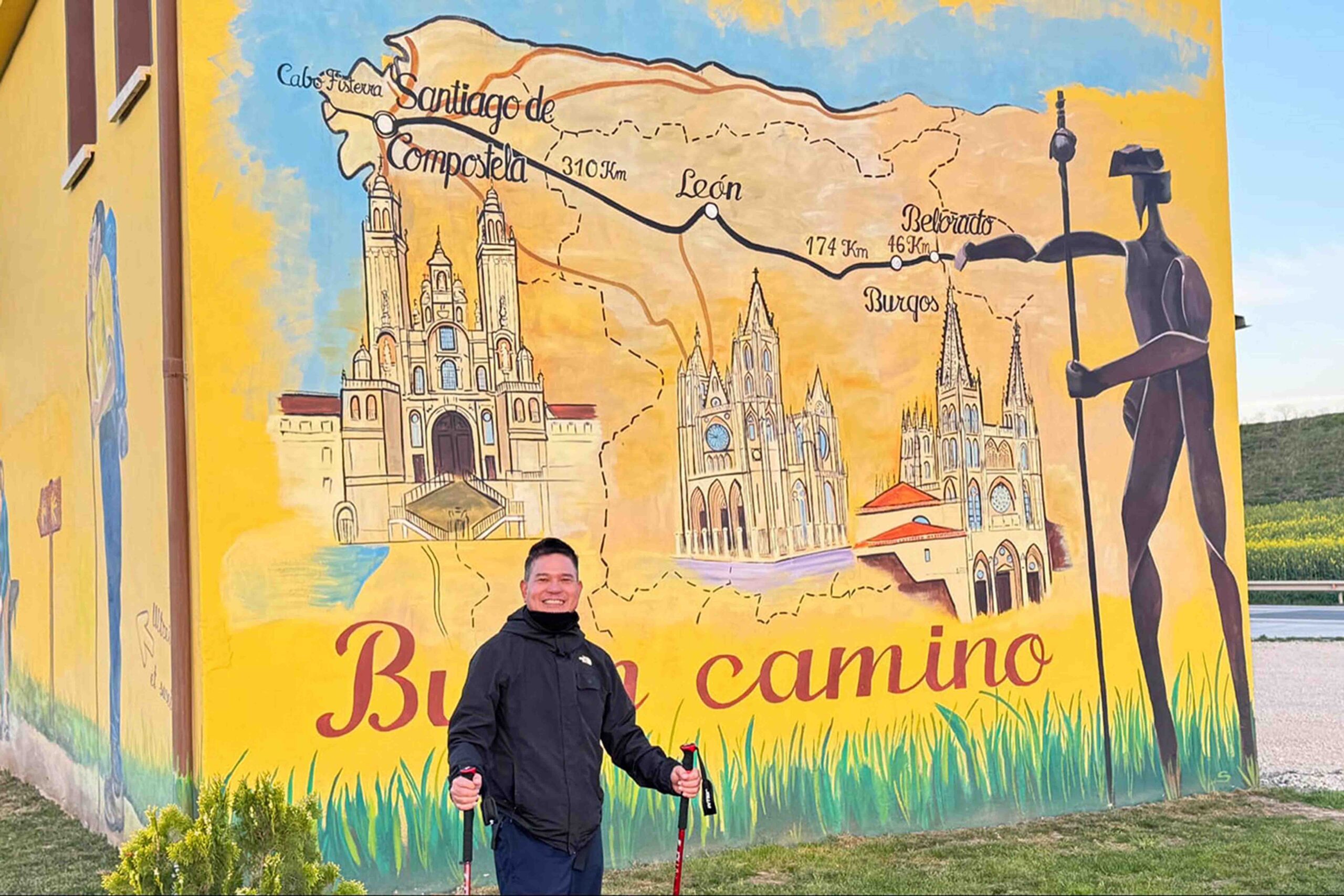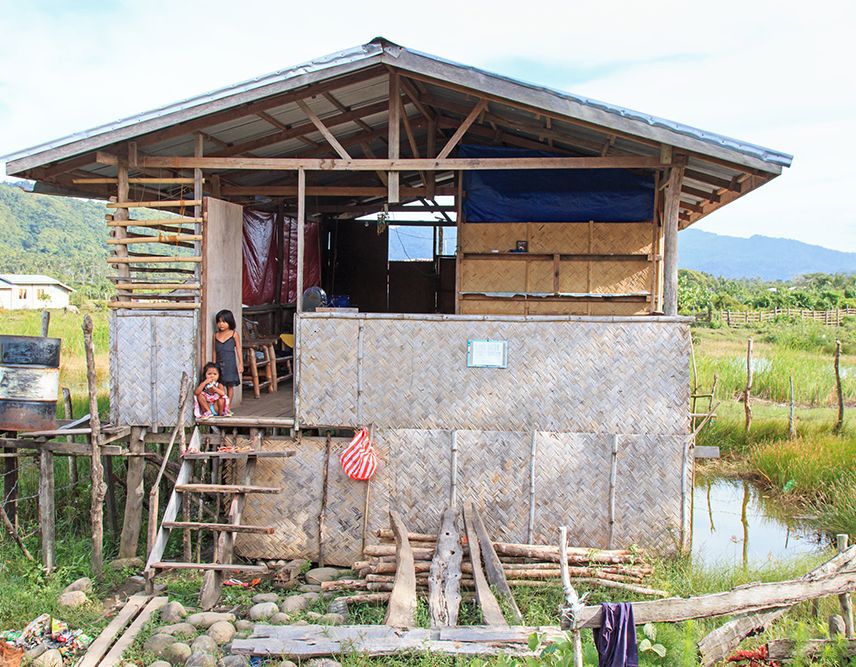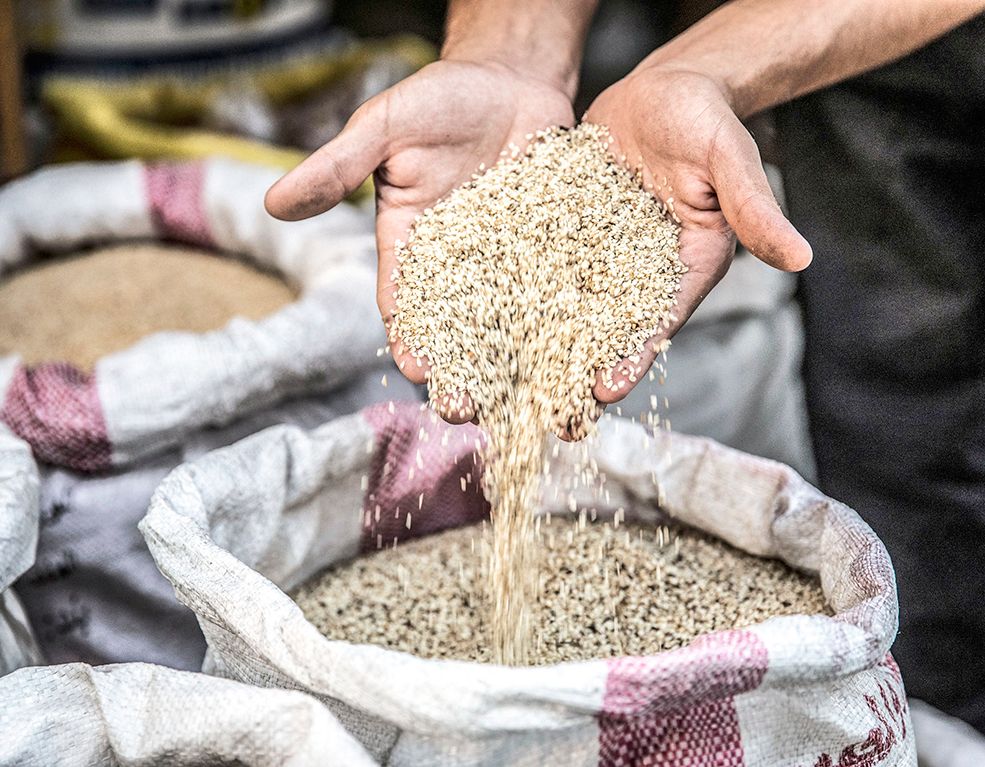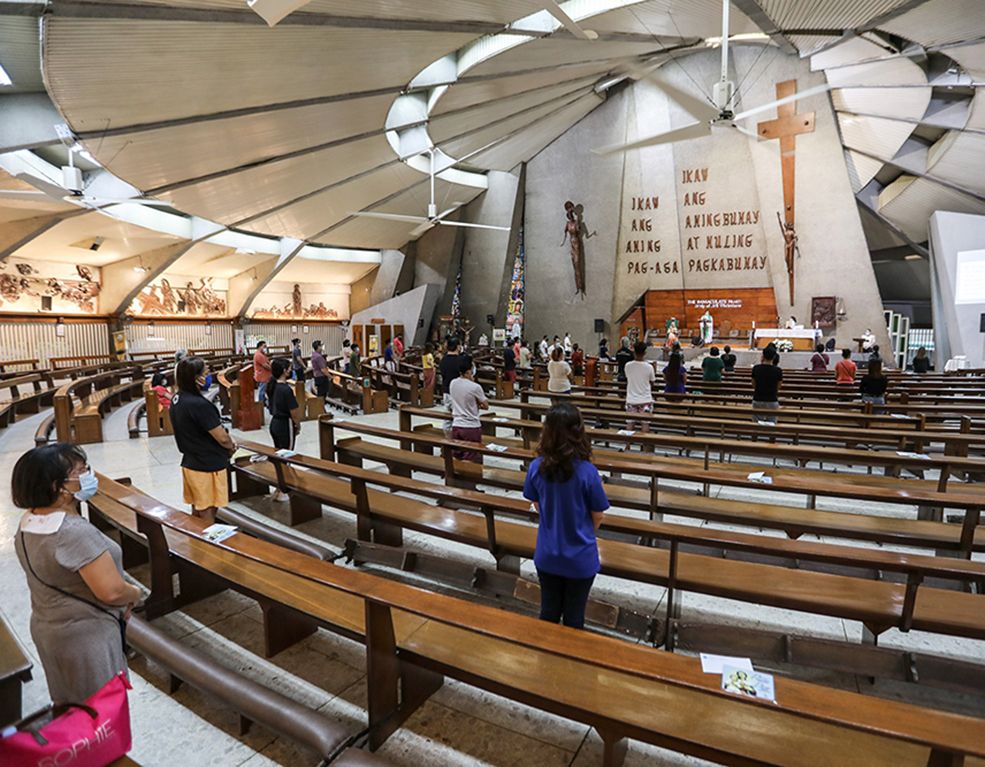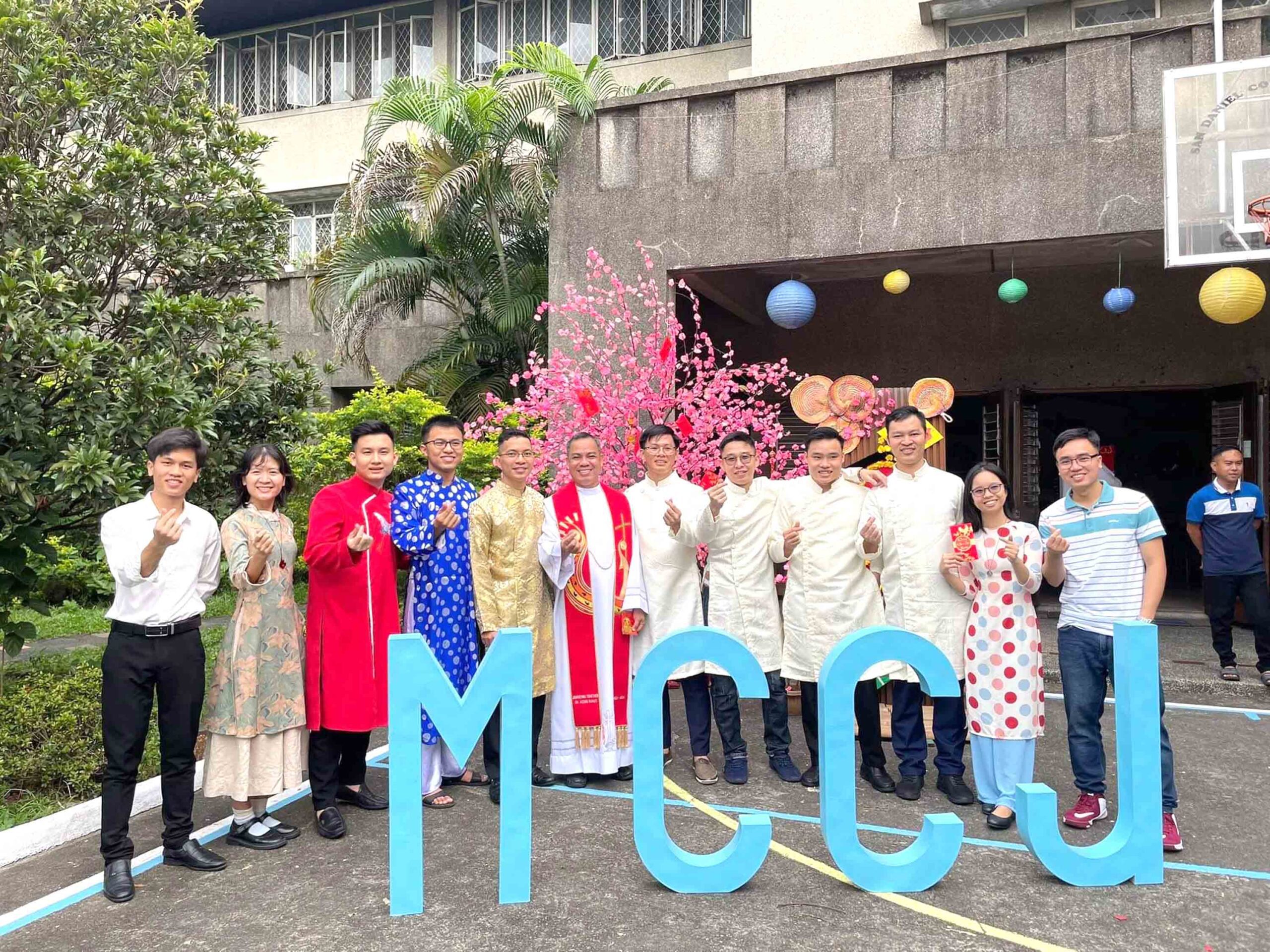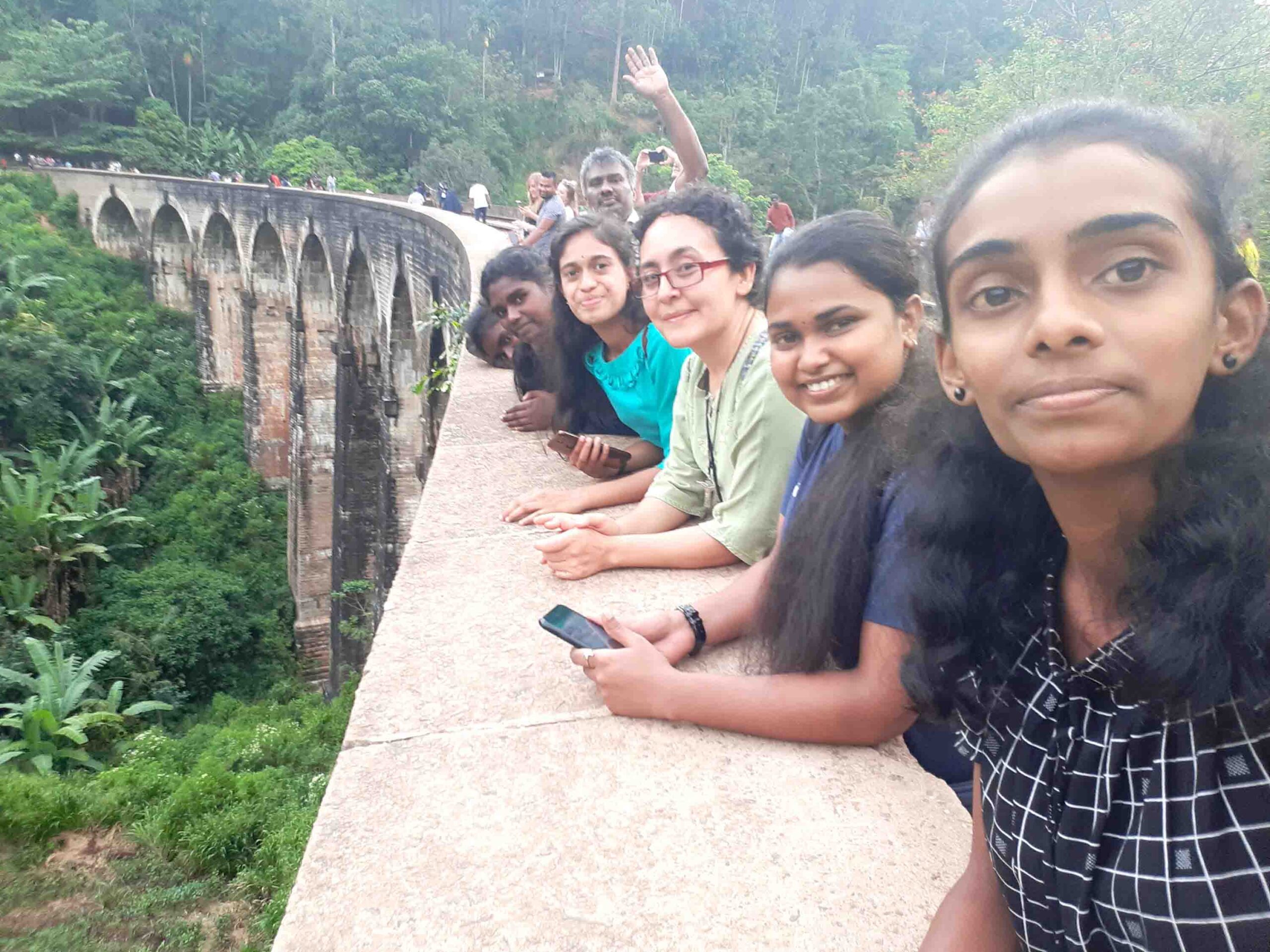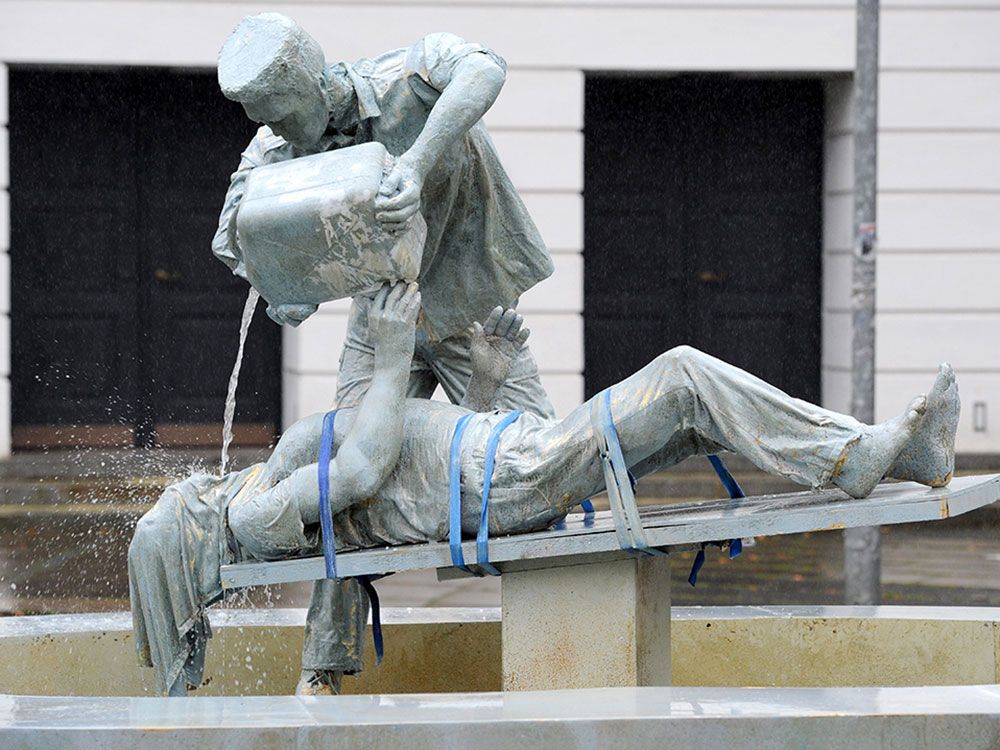In pursuit of power and money, technology enabled insidious manipulation at the cellular level of all of our democracies. It created what the US Surgeon General called an epidemic of loneliness. It turned neighbor against neighbor, rewarding mob rule-rewarding the worst of who we are as people.
Journalists were the first attacked: if you want power, tear down our credibility. This I know first-hand. I lived it. My government targeted me with an average of 90 hate messages per hour. It functions like fertilizer: #ArrestMariaRessa trended on social media two years before I was actually arrested.
I was arrested and first posted bail; I can’t forget it, because it was my government’s gift to me on Valentine’s Day in 2019. In a little over a year, my government filed ten arrest warrants against me. I began to do a workflow for posting bail. I didn’t know what was going to happen, but Rappler and I just tried to do what was right.
And now nearly a decade later, those ten criminal charges are down to two. In order to be here in front of you today, I have to ask the Philippines Supreme Court for approval to travel. So, you lose your rights. I always joke that the Philippines has moved from hell to purgatory, but the sad part is that I see what has happened to us in the Philippines happening in far more developed countries around the world.
UPSIDE DOWN WORLD
This Jubilee comes at a time when the world is upside down: when what’s right is wrong; and what’s wrong is right. Big Tech transformed social media from a tool of connection into a weapon of mass behavioral engineering. These platforms are not neutral technologies; they are sophisticated systems designed to exploit our deepest psychological vulnerabilities. They monetize our outrage and hate; amplify our divisions; and systematically erode our capacity for nuanced thinking, our capacity for empathy.
In 2018, an MIT study showed that lies spread six times faster on social media, and that was before Elon Musk bought Twitter. You tell a lie a million times, it becomes a fact. If you make people believe lies are facts, then you can control them.
The business model of Big Tech pushes this. I’ve said it many times, and I’ll say it again: Without facts, you can’t have truth. Without truth, you can’t have trust. Without these three, we have no shared reality; we can’t begin to solve any problem, let alone existential ones like climate change. We can’t have journalism, communications, or democracy.
Surveillance capitalism, that business model, is built on a fundamental betrayal of human dignity-where data privacy has become a myth, and AI and algorithms have cloned and manipulated us. Three things:
It created echo chambers that exacerbate existing biases; prioritized conflict over understanding, and monetizing human attention, each of us, at the expense of social cohesion.
This is not an accident. It is a deliberate design, architecture for profit that brings in hundreds of billions of dollars a year to these companies. The hard part: what happens on social media doesn’t stay on social media. Big Tech hacked our biology, incited the worst of our emotions: fear, anger, and hate, because it changes the way we feel, the way we see the world, which changed how we act. It changed the way we vote.
Earlier this year, Zuckerberg announced that Facebook is giving up on facts. It’s cancelling what it created, the fact-checking. It’s like putting a finger in a dam that’s about to fall on you. But, dear Mark, this isn’t a free speech issue; this is an issue of safety. Imagine if this hall had no safety measures and it was built of corroded materials and could fall on us at any time.
In 2018, the UN and Meta’s team independently went to Myanmar and found that Facebook enabled genocide. Yet, no one was held accountable.
DISINFORMATION WAR
Online violence is real-world violence. From Myanmar to Ukraine to Gaza and Sudan, online violence feeds into real world violence, and they all feed into each other. Add Zimbabwe, Afghanistan, Ethiopia, and many other forgotten battlegrounds. These wars are fought not just with missiles and tanks, but with algorithms, disinformation, and the systematic destruction of truth, and our communities of trust.
Globally, there are two main fracture lines of society pounded open, regardless of country or culture. That’s gender and race-and the attacks are often fueled by religion. Sexism that turns into misogyny; and racism that finds its way into constitutions like Hungary, where it’s called ‘white replacement theory’. You hear it in the news as immigration or inflation, but if you dig deeper, you will see gender and race.
A few years ago, we at Rappler decided that the empty promises of Big Tech were enough. And so we began building a public tech stack for the virtual world, where real people can have real conversations without being manipulated for power and money. We rolled out a matrix protocol chat app a little more than a year ago. It is open-source, secure, and decentralized. It is used by countries that value data privacy: France, Germany; their websites are on the matrix protocol. Our vision is a federation of global news organizations. It is the only way we will survive this moment.
Because we are at the Vatican, I want to point out three things: first, technology rewards lies. The first time I met Pope Francis, I told him this is against the Ten Commandments; the men who control this transformative technology wield god-like power, but they are not God. They are only men whose arrogance, lack of wisdom, and humility are taking the world down a dark path. Increasingly, by their own definitions and words, their unchecked and unaccountable power resembles a cult.
Which is why religion, faith, the Catholic Church, becomes more important today. In How to stand up to a dictator, I write about how a simple idea-the golden rule-“Do unto others as you would have them do unto you” has guided me throughout my life.
It helped define COURAGE for me in a world increasingly shaped by lies: the courage to speak when silence is safer; the courage to build bridges when walls seem easier; and the courage to stand for truth even when it feels like the entire world is against you.
I like the South African word UBUNTU–“I am because we are”–It’s an antidote to many of our problems today. It’s a universal truth that our faith communities embody. The pain of one is the pain of all. When Big Tech rewards the worst of who we are, UBUNTU teaches us that our fates are interconnected; that the fight for truth, justice, and peace is not someone else’s battle; IT IS OURS.
So what can YOU do? I have four suggestions:
1. Collaborate, collaborate, collaborate-Build and strengthen trust now to close the fracture lines of society that information operations will try to pound open, pitting us against each other;
2. Speak truth with moral clarity-Silence in the face of injustice is complicity. Whether it’s systemic racism, economic inequality, or the erosion of democratic norms, people of faith must reclaim their prophetic voice. Demand transparency and accountability from those who control our public information ecosystems-from governments to Big Tech to media;
3. Protect the most vulnerable-Support journalists, human rights defenders and activists who risk their lives. Remember the Martin Neimoller quote from Germany? Here’s our Philippine version-published by our largest newspaper after my first arrest: “First they came for the journalists. We don’t know what happened next.” Your networks can be powerful shields for marginalized communities. Support immigrants, religious minorities, the LGBTQ+, and others who face discrimination. Our collective vigilance can prevent the normalization of hate.
4. Recognize your power-Building peace is not reserved for heroes; it’s the collective work of people who refuse to accept and live lies. Rappler could not have survived without the help of our community, always reminding me of the goodness of human nature. You are powerful and can be part of this tidal wave of change for the good. And that is powered by love.
There’s this T.S. Eliot quote I love about “the present moment of the past.” This moment we live in. This moment, we want to do the right thing, because a decade from now, when we look back, we want to say that we did everything we could.
We can allow the fracture lines in our society to break open. Or we can work to heal these growing divides. This time matters. What you choose to do matters. Imagine if we all worked together. We just might stem the tide, stop the dam from falling, and heal our world.





